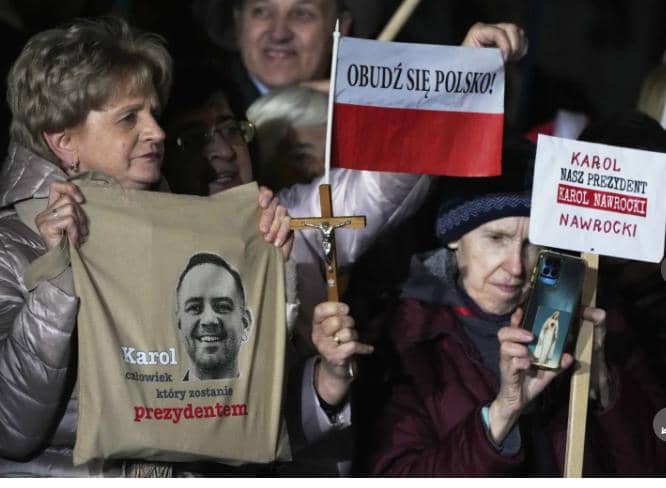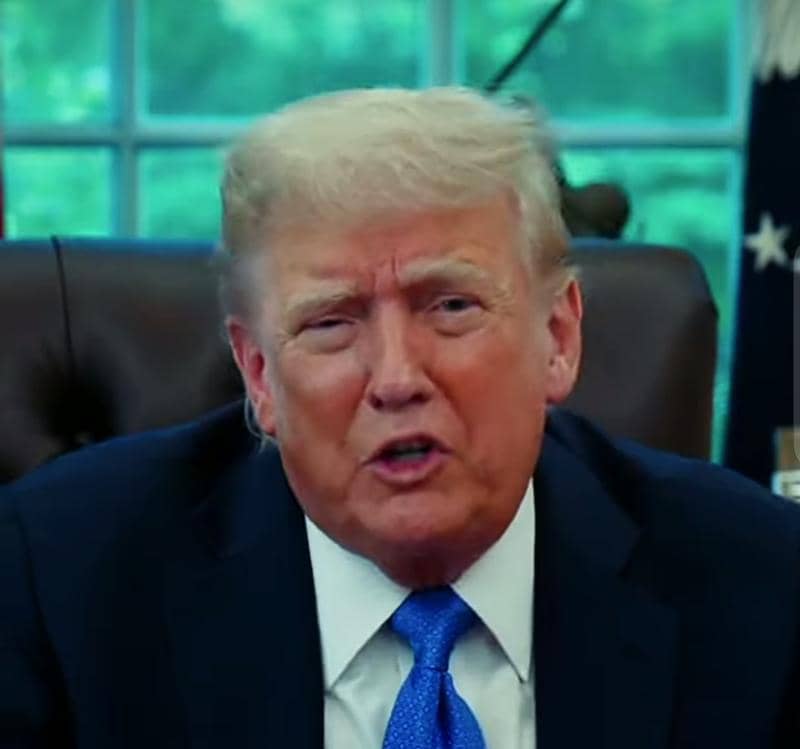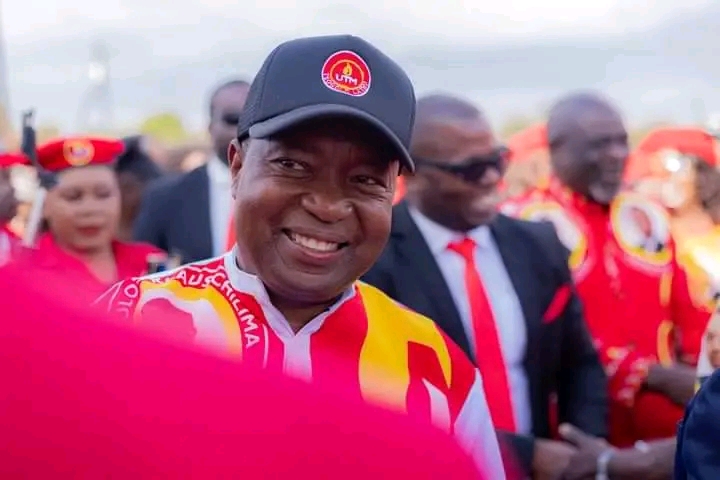By Burnett Munthali
Polish citizens went to the polls on Sunday to vote in a crucial presidential election, unfolding against a backdrop of escalating regional insecurity and questions over the future of Europe’s security alliance with the United States.
This year’s election is shaped in part by the ongoing war in neighboring Ukraine, which has stoked fears about national defense and regional stability among the Polish population.
Compounding the unease is concern over the level of U.S. commitment to NATO under President Donald Trump, whose foreign policy has been viewed by many Europeans as unpredictable.
The presidential contest is primarily between two front-runners: liberal Warsaw Mayor Rafał Trzaskowski, a close ally of Prime Minister Donald Tusk, and conservative historian Karol Nawrocki, who is backed by the nationalist Law and Justice party.
Opinion polls conducted ahead of the vote indicate Trzaskowski is in the lead with approximately 30% of the vote, while Nawrocki is trailing in the mid-20s.
With neither candidate projected to win more than 50% in the first round, a runoff election between Trzaskowski and Nawrocki is widely expected on June 1.
The crowded field also includes Sławomir Mentzen, a far-right candidate known for his fusion of populist “Make America Great Again” rhetoric, libertarian economics, and open skepticism of the European Union.
Mentzen is currently polling in third place and poses a wildcard threat to the balance of the race.
Ten other candidates are also on the ballot, but their prospects remain limited under the electoral system’s requirement for a majority to win outright.
This has all but guaranteed that the Polish electorate will return to the polls in two weeks for a decisive second round.
Polling stations opened at 7 a.m. local time and will close at 9 p.m., after which exit polls are scheduled to be released.
Official results are expected by Tuesday, though early returns may be available as soon as Monday.
Authorities have reported several attempts at foreign interference during the campaign, including cyberattacks that disrupted online operations of parties within Prime Minister Tusk’s ruling coalition.
A state-run research institute has also revealed that some political advertisements on Facebook were financed by foreign sources, raising alarms over external influence.
While Poland’s presidency does not oversee day-to-day governance, the office wields significant influence, including command over the armed forces, a role in foreign policy, and veto power over legislation.
The outgoing president, Andrzej Duda, a conservative, has repeatedly used his veto in the past year to block Prime Minister Tusk’s initiatives, including judicial reforms and diplomatic appointments.
Duda’s actions have often been seen as an effort to preserve the influence of the Law and Justice party, which dominated Polish politics from 2015 until late 2023.
If elected, Trzaskowski is expected to cooperate with Tusk’s government and support judicial and media reforms, which critics argue were politicized under Law and Justice.
However, Tusk’s critics also accuse him of exerting partisan control over public media, suggesting that the issue of politicization cuts across the political spectrum.
Nawrocki, who currently heads a state historical institute, has pitched himself as a staunch defender of traditional values and Polish sovereignty.
The presidential race, therefore, represents a defining moment not only for Poland’s domestic political trajectory but also for its broader place in a shifting European and global security landscape.




